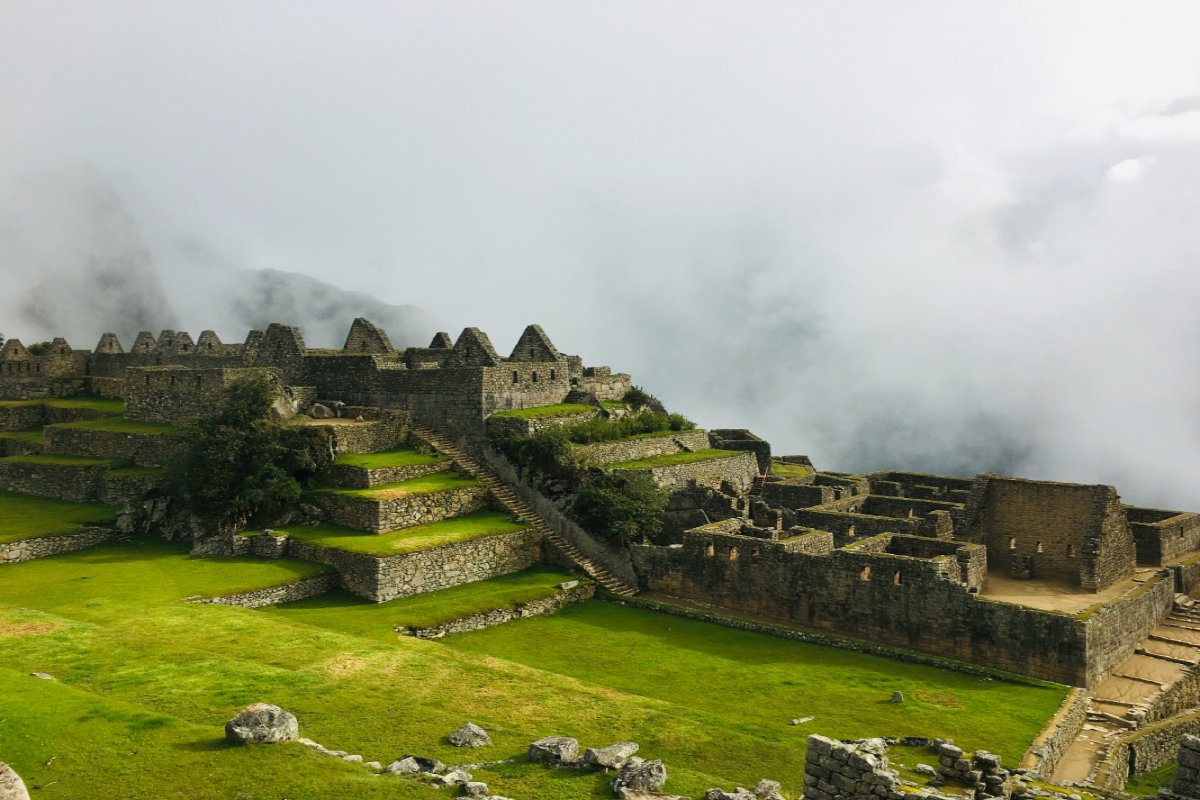Machu Picchu Access Restored: 'The Strike Has Been Lifted'

Skift Take
Travelers can easily visit Machu Picchu again: Trains to the Incan citadel returned to service after the end of protests.
"We have very good news for Peru, for the people of Cusco, and for Machu Picchu Pueblo," said Peru Minister of Culture Leslie Urteaga. "The strike has been lifted."
For the past five days, protesters blocked rail service because they were upset with the government contracting a private company to distribute tickets. It would take nine hours to reach Machu Picchu without rail services, making the site nearly inaccessible.
On Tuesday night, the minister of culture, Cusco's regional governor, and mayors of three towns signed an agreement. One part of the deal is the end of the contract with Joinnus to sell tickets to the World Heritage site.
Trains Run Again to Machu Picchu
FTSA, the consortium that manages the train tracks, has notified tour operators that train companies may start running again. Sarah Miginiac, general manager for Latin America at G Adventures, shared the notice with Skift.
Travelers can now book rail service to Machu Picchu, a customer support representative with Inca Rail told Skift. The protests had forced the train operator to suspend service.
PeruRail told passengers that it was reestablishing operations immediately.
Machu Picchu is Peru’s most important tourist attraction. Without its availability, tourism to the country would have diminished.





